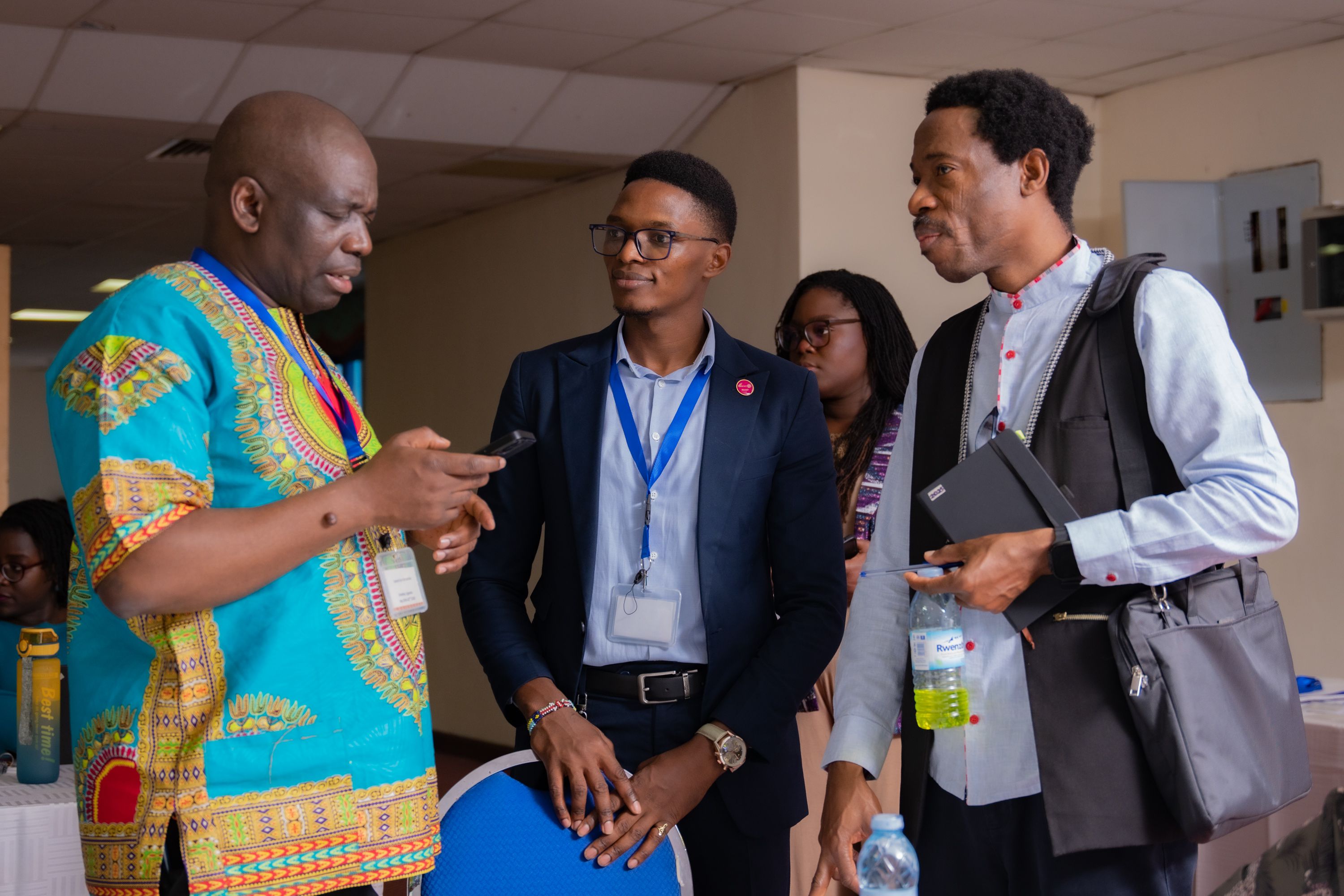9 striking similarities between the only 2 current female presidents in Africa | Pulselive Kenya
In recent years, Africa has witnessed a remarkable rise in female leadership. As of May 2025, two countries have female presidents: Tanzania and Namibia.
Samia Suluhu Hassan (Tanzania) and Netumbo Nandi-Ndaitwah (Namibia) have both made history as their countries’ first female presidents.
Their journeys share striking similarities that highlight the progress and challenges of female political leadership on the continent.
)
Samia Suluhu Hassan became Tanzania’s first female president in March 2021, stepping into office after the sudden death of her predecessor.
She is set to face her first election in October 2025.
Similarly, Netumbo Nandi-Ndaitwah assumed Namibia’s presidency in March 2025, also following the passing of her predecessor.
Both women broke significant gender barriers in nations traditionally led by men, becoming symbols of change and inspiration.
)
Before reaching the presidency, both leaders built their careers through years of dedicated public service and political engagement.
Samia served as Tanzania’s Vice-President from 2015 to 2021, while Netumbo held the vice presidency of Namibia from 2024 until her presidential inauguration.
Their ascent reflects a steady progression through political ranks, marked by experience and resilience.
)
Both presidents are long-time members of their respective ruling parties—Samia with Tanzania’s Chama Cha Mapinduzi (CCM) and Netumbo with Namibia’s SWAPO.
In 2000, Samia Suluhu Hassan became a special seat member of the Zanzibar House of Representatives with the CCM party and was appointed Minister for Youth Employment, Women and Children, where she ended the ban on new mothers returning to school.
After being re-elected in 2005, she served as Minister for Tourism and Trade Investment. In 2010, she won a parliamentary seat with over 80% of the vote and was appointed Minister of State for Union Affairs.
In 2014, she became Vice-Chairperson of the Constituent Assembly for drafting Tanzania’s new constitution. Suluhu was an unexpected choice as CCM’s vice-presidential candidate in 2015, becoming the party’s first female running mate.
)
She and John Magufuli won the election, and she became Tanzania’s first female vice president. Despite a brief loyalty dispute in 2016, she publicly supported Magufuli. They were re-elected in 2020.
Netumbo Nandi-Ndaitwah
Netumbo Nandi-Ndaitwah served as SWAPO’s deputy representative in Zambia (1976–1978) and then as chief representative (1978–1980).
From 1980 to 1986, she was SWAPO’s chief representative in East Africa, based in Dar es Salaam, and a member of SWAPO’s central committee (1976–1986). She led the Namibian National Women’s Organisation from 1991 to 1994.
Since 1990, she has been a member of Namibia’s National Assembly. She was Deputy Minister of International Relations and Cooperation (1990–1996), then Director-General of Women’s Affairs (1996–2000), and Minister of Women's Affairs and Child Welfare from 2000.
Between 2005 and 2010, she served as Minister of Information and Broadcasting, then Minister of Environment and Tourism until 2012, when she was appointed Minister of Foreign Affairs (later renamed International Relations and Cooperation).
)
In 2015, she became deputy prime minister while retaining her foreign affairs portfolio. She holds leadership roles in SWAPO’s central committee and politburo and serves as party secretary for information and mobilisation.
Education played a crucial role in shaping these leaders. Samia pursued studies in economics and public administration in the United Kingdom and Tanzania, while Netumbo’s education included training in the Soviet Union and advanced diplomatic studies in the UK.
Their international exposure enriched their perspectives and prepared them for leadership on both national and global stages.
Throughout their careers, both women have championed causes related to women, youth, and children.
Samia’s early work in Zanzibar focused on youth employment and women’s rights, while Netumbo led Namibia’s National Women’s Organisation and managed child welfare ministries.
Their advocacy reflects a commitment to social progress and empowerment.
Their leadership has earned them numerous accolades, including honorary doctorates and awards recognising their contributions to sustainable development and diplomacy.
)
These honours underline their standing as influential female figures shaping Africa’s future.
Both Samia and Netumbo assumed their presidencies during periods of transition, following the deaths of sitting presidents.
This placed them in positions requiring steadiness, vision, and unity to guide their nations through change, highlighting their political acumen and strength.
Despite the demands of office, both leaders maintain family lives. Samia is a mother of four, including a politically active daughter, while Netumbo is married to a retired military general.
Their ability to balance public service with personal commitments adds another dimension to their leadership.
Both presidents wear modest and formal attire that reflects professionalism and respect for their official roles. They also have a love for headgear, which is a key aspect of their conservative dress code.
The use of solid, rich colours adds a sense of seriousness and dignity to their appearance.
)
This style of dressing not only aligns with their personal and cultural values but also projects an image of authority and respect in formal and political settings.
Overall, their dress code is a thoughtful balance of tradition, modesty, and professionalism.
The similarities in the careers of Tanzania’s Samia Suluhu Hassan and Namibia’s Netumbo Nandi-Ndaitwah demonstrate the growing influence of women in African politics.
Their journeys, marked by dedication, experience, and trailblazing achievements, inspire hope for more inclusive and representative leadership across the continent.
)
)
)











